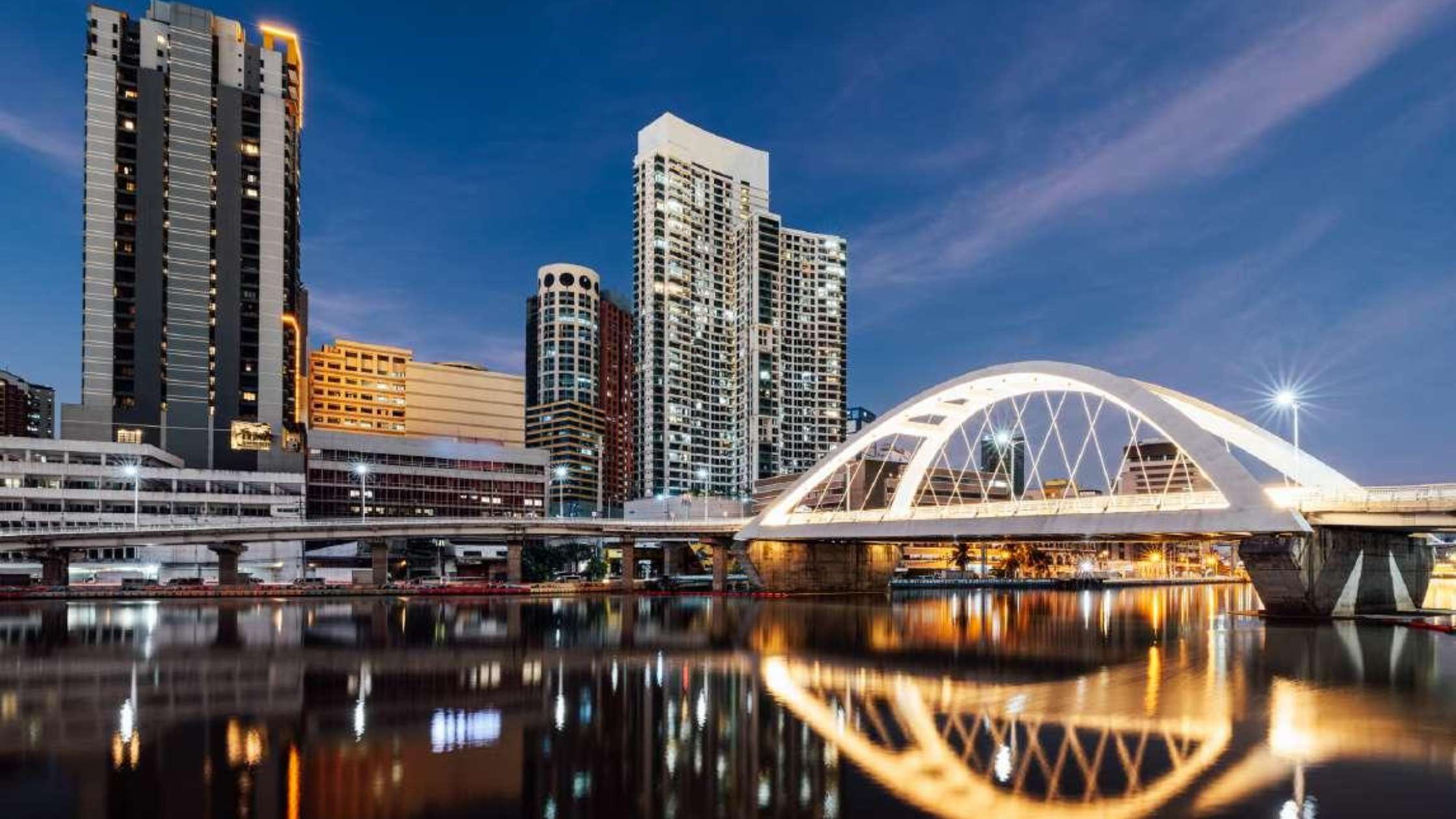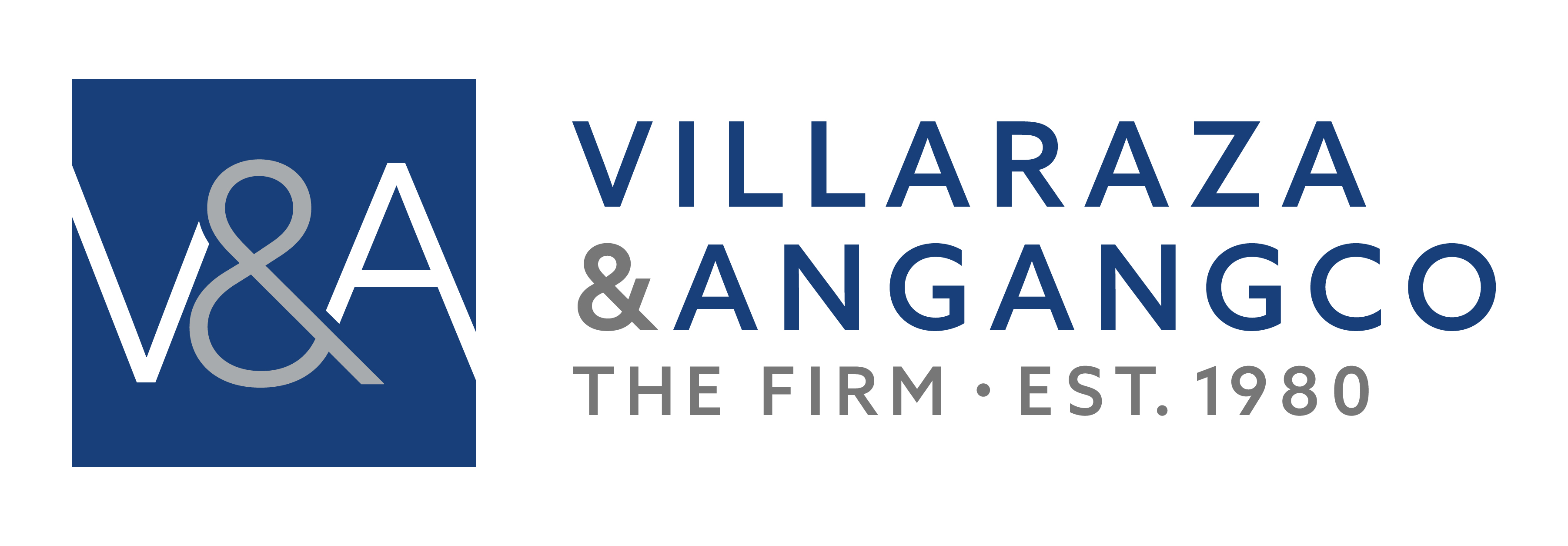April 25, 2024
MA. CARLA P. MAPALO, AMBER SHAWN A. GAGAJENA, MA. ANDREA V. NAGUIT The Philippines has exhibited a strong and positive momentum in 2023 with the implementation of key legislative and regulatory measures in a bid to steer the economy to stability. These measures, primarily aimed at attracting foreign direct investments, played a pivotal role in engendering investor confidence by eliminating bureaucratic hurdles and streamlining regulatory complexities. Foreign Players in the Retail Trade Industry At the behest of the Philippine government, Republic Act (“RA”) No. 11595 was passed, which amended the Retail Trade Liberalisation Act (“RTLA”) and relaxed the basic requirements for a foreign retailer to engage in retail business in the Philippines. A foreign retailer refers to a foreign national, partnership, association, or corporation of which more than 40% of the capital stock outstanding and entitled to vote is owned and held by a foreign national, engaged in retail trade. Prior to the amendment of the RTLA, a foreign retailer may only engage in retail business if it has a minimum paid up capital of USD 2,500,000.00. With the amendment, the prescribed minimum paid up capital for retail trade enterprises with foreign equity has been lowered to PHP25,000,000.00 (approximately USD 500,000.00). For foreign retailers with more than one physical store, the amendment decreased the minimum investment per store from USD 250,000.00 to USD200,000.00. The amendment also removed certain pre-qualification requirements which foreign retailers must secure from the Board of Investments. Similarly, under the Foreign Investments Act (“FIA”), micro and small domestic market enterprises with paid-in equity capital of less than USD 200,000 are generally reserved for Filipinos and corporations... 


 Villaraza & Angangco Law
Villaraza & Angangco Law Kristin Charisse C. Siao
Kristin Charisse C. Siao Ma. Carla P. Mapalo
Ma. Carla P. Mapalo Richard Henrick I. Beltran
Richard Henrick I. Beltran







